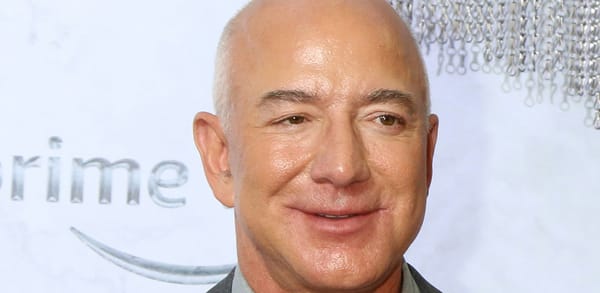
Censorship
— Pulitzer-winning cartoonist Ann Telnaes has left The Washington Post following the newspaper’s decision to withhold her satirical cartoon targeting Jeff Bezos and other tech moguls’ perceived deference to Donald Trump.
An American politician, media personality, and businessman who served as the 45th president of the United States from 2017 to 2021 and was re-elected on 5 November 2024 to serve as the 47th president of the United States from 2025 to 2029.
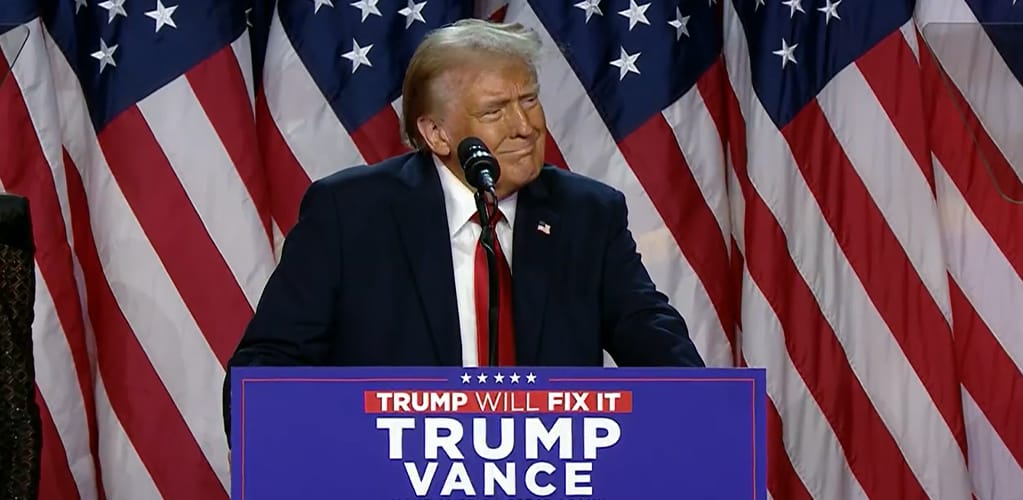

Censorship
— Pulitzer-winning cartoonist Ann Telnaes has left The Washington Post following the newspaper’s decision to withhold her satirical cartoon targeting Jeff Bezos and other tech moguls’ perceived deference to Donald Trump.
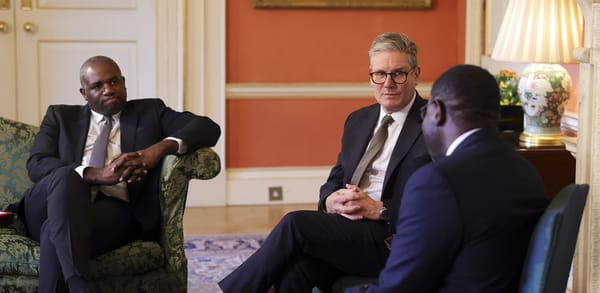
UK Foreign Policy
— The UK government’s foreign policy in 2025 will focus on Ukraine, the Middle East, EU relations, Trump’s presidency, and defining “progressive realism”. Challenges include conflicts, alliances, and economic considerations.
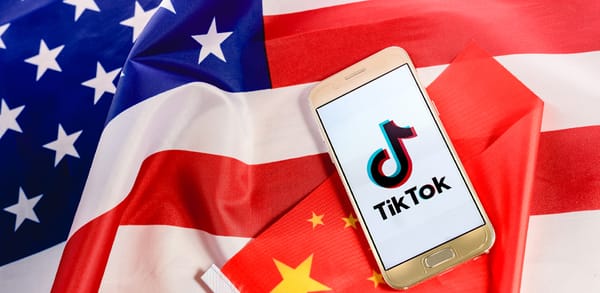
TikTok Ban
— Donald Trump’s legal team requested the US Supreme Court delay a January 2025 TikTok ban to allow his administration to negotiate. Critics cite national security; supporters argue free speech violations.

US Politics
— Polling accuracy in the U.S. presidential election faced criticism, despite improved performance over 2020. Small errors in a tight race amplified perceived inaccuracies, but swing state polls generally proved reliable, reflecting a close contest, Professor John Curtice explains.
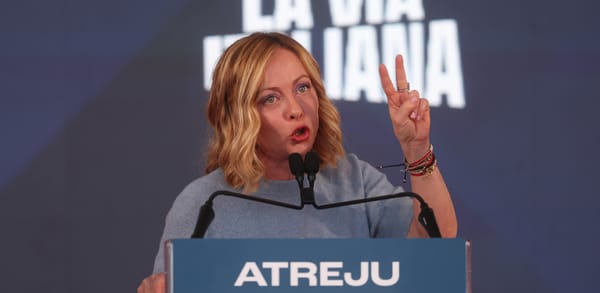
Far-Right
— Italian PM Giorgia Meloni and Elon Musk’s growing friendship reflects mutual admiration but risks political friction. Alignments on anti-woke stances and potential Starlink expansion highlight tensions between nationalism, deregulation, and global partnerships.
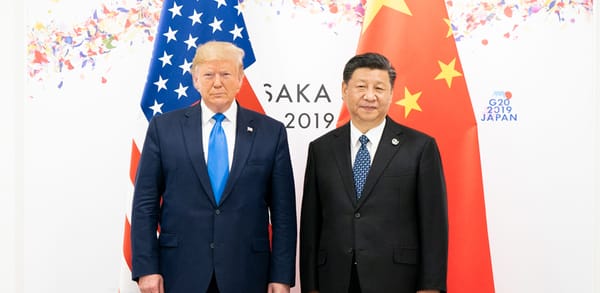
War in Ukraine
— Donald Trump’s invitation to Xi Jinping for his inauguration aims to involve China in Ukraine peace talks, but Beijing’s interests likely align with prolonging the conflict, favouring its geopolitical dominance.
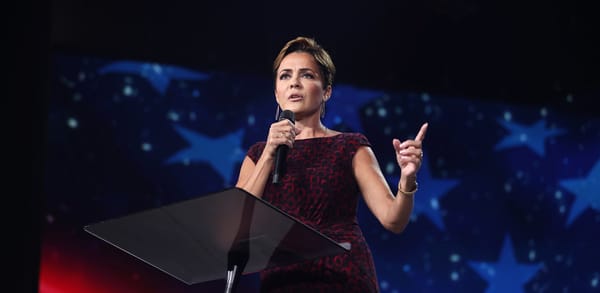
COMMENT
— Donald Trump’s administration is appointing media figures like Kari Lake, Pete Hegseth, and Mehmet Oz to key roles, emphasising communication skills over journalistic integrity, raising concerns about credibility and impartiality.
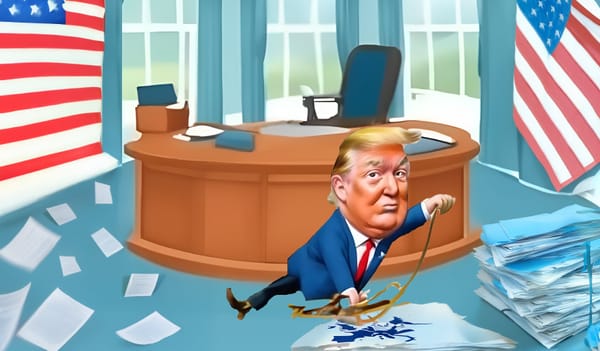
Long-Read
— The debate over Brexit resurfaces amid economic challenges and Trump’s return. Key concerns include UK-EU relations, trade uncertainties, and Labour’s struggle to reconcile Brexit’s political and economic implications.
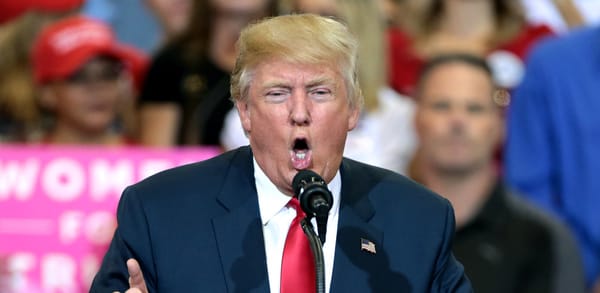
US-EU Relationship
— Donald Trump’s potential second-term foreign policy poses significant challenges for Europe, threatening trade relations, NATO stability, and collective security. Europe faces increasing pressure to bolster defence and self-sufficiency amid shifting U.S. priorities.
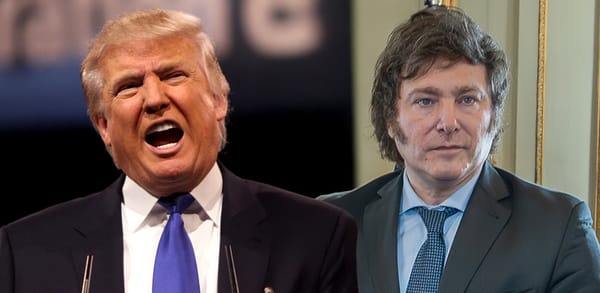
COMMENT
— Donald Trump appears inspired by Argentina’s Javier Milei, whose extreme state-shrinking measures include deep budget cuts and dismantling ministries. While admired by some, the “Argentine recipe” may not suit America.
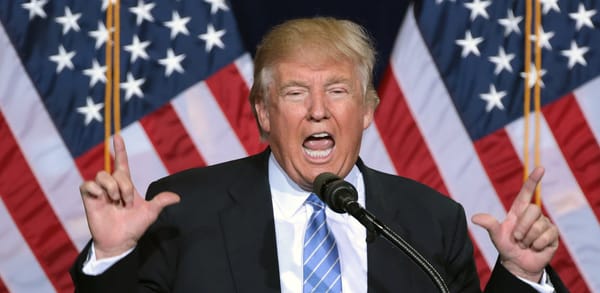
COMMENT
— Donald Trump’s global impact is divisive, with world leaders expressing mixed reactions. Europe grapples with populist surges; Russia sees opportunity; Ukraine fears abandonment; China anticipates trade clashes, while India remains cautiously optimistic.

War in Ukraine
— Donald Trump’s reelection raises questions about his pledge to end the Ukraine War. Europe must prepare for reduced U.S. support, while Ukraine faces difficult choices to secure sovereignty and stability.
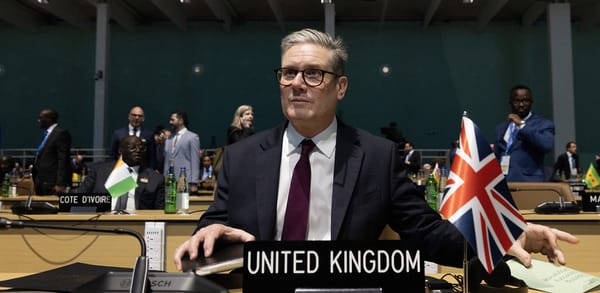
UK-US Relationship
— Britain faces urgent defence challenges, from poor readiness to unclear strategy. With Trump’s return, reliance on the US for nuclear deterrence and NATO commitments demands reassessment. Britain must redefine its role.

US Politics
— Donald Trump’s second-term cabinet selection prioritises loyalty over expertise, featuring controversial figures linked to divisive rhetoric, legal investigations, and potential conflicts of interest, sparking debate over governance suitability and policy implications.
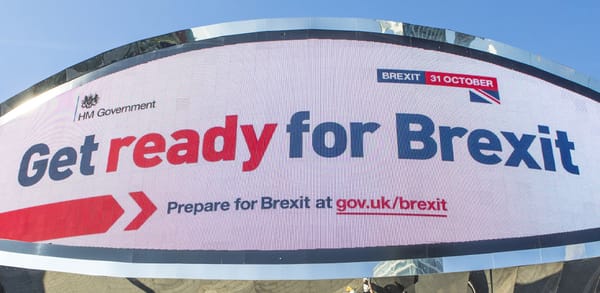
Long-Read
— Chris Grey critiques Trump’s victory and Brexit’s deepening incoherence, highlighting Labour’s state-driven budget as a shift from neo-liberalism. Yet, Brexit’s financial toll limits Britain’s capacity to navigate these challenges.
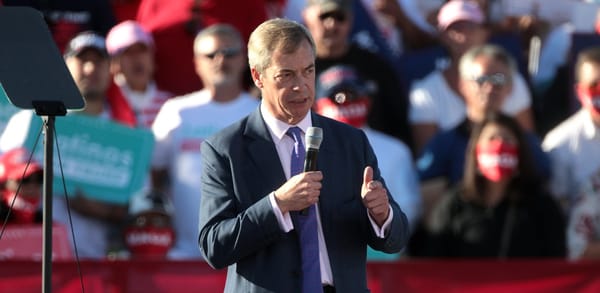
Populism
— Populist parties have surged across Europe, fuelled by dissatisfaction, distrust, and economic inequality post-2008 financial and 2015 migration crises. Restoring political trust could counter this trend.
|
|